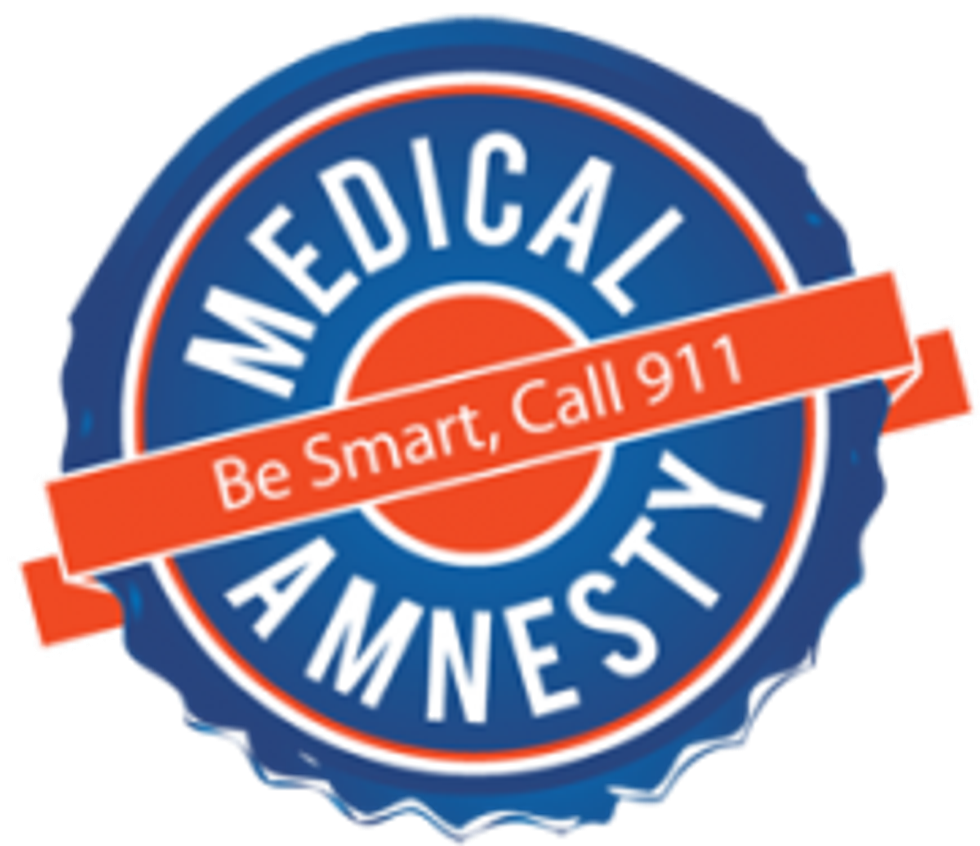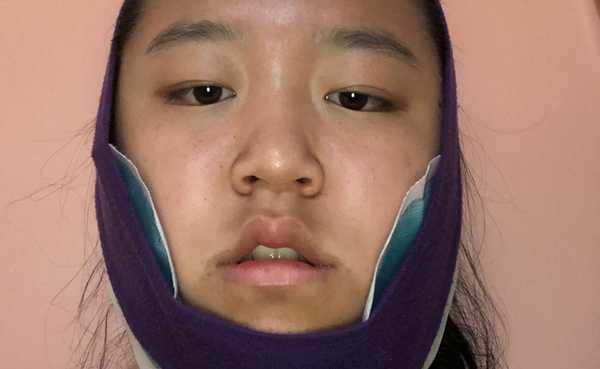This isn’t a story about the harms of drugs. This is a story about why we need laws that make sense, and that help us without causing harm.
I was 19 or 20 (I’m now 27) living with my then girlfriend in upstate New York. I don’t remember much from that year for two reasons. One, I was always partying. Two, I wasn’t in the best place in my life. (Two usually led to one.) It was the year I discovered MDMA, and the town discovered prescription painkillers. I never did get into them—anytime I tried, I’d get violently nauseous and dizzy... not my take on a good time. But, the town loved them. They especially loved it with cocaine. Cannabis, Cocaine, MDMA and Oxycontin were the ambrosia, and beer and liquor the nectar. We were gods, and nothing could stop us. But even gods make mistakes.
It was just another party night. X, the owner of the house we were at, was one of the people who enjoyed oxy and liquor. (And maybe a little a coke if he was starting to get drowsy.) Usually mellow, he was out cold this night—not uncommon. The party goes on. I checked up on him sometime later, though, and noticed something strange. He was breathing oddly: Shallow, then deep. Shallow, then deep. His face was pale, almost blue. I tried to wake him up, and I didn’t get a response. He was totally limp.
I asked around for help and I was met with, “He’ll be fine, let him sleep it off.” I started to panic a little. Thinking through alcohol and MDMA isn’t always easy. Managing to squeeze my way through the house, I grabbed his sister, Z, for another opinion. This was when everything became very real, and I became very sober. Being only a half-step away in sobriety from her brother, Z had a total meltdown. Screaming and crying “Help him! Help him!” the house quickly turned to panic. Close friends came running, and acquaintances left sprinting.
Huddled together, our brains raced to find a solution. Two heads are better than one—sometimes, and only when they are more sober. The immediate question was, "do we call 911?" Only two people said yes. But, if we called 911, we would all be busted for underage drinking and alcohol distribution, as well as narcotics possession and sales (giving a friend drugs in NY is counted as a sale, by law). We had enough for felonies all around. Ok, option two: drive to the nearest emergency room 20 minutes away. Damn; no one was sober enough... not by our standards, or the law's.
Another 15 minutes wasted, and finally, friend A stepped up to the wheel. I refused to go; I was too scared. I left with my ex, after we loaded X into A’s car. We waited and waited. I got a call about 30 minutes later saying that A was on his way back. He pushed X out of the car at the hospital and called 911 to let them know he was there. X called us a few days later to thank us. He would have died if we waited a minute longer.
Looking back, it feels surreal and fills me with guilt. What if that was me? What if no one checked on me? What if they left me to “sleep it off?” What if they drove to the hospital and crashed and died, because of me? What if I died waiting for them to make a decision?
I’m not sharing this story with a message of, “don’t do drugs, kids” but instead as a reflection of what I know now. Since that time, I’ve recently found myself in the world of drug policy reform. Why? One reason is because in 2014 there were 2,300 overdose deaths in New York. That number has steadily risen since 2000. It’s recently become mainstream knowledge that opiates, like Oxycontin, are at the center of those deaths. But, alcohol has always been there. Luckily for New Yorkers, drug policy advocates pushed the state to put a very important system into place to prevent some of those deaths. It’s called the Good Samaritan/Medical Amnesty Policy. Not all states have these laws, and not all of them are created equal. New York’s law is written so well that the CUNY system picked up the policy as well. (You can see CUNY’s here.)
Drug Policy Alliance has a great PDF on it, but the law is fairly straightforward. If you or a friend are overdosing, and you call 911, you’re granted amnesty—it doesn’t matter if it’s alcohol or anything else. You or your friend will be treated for the overdose, and you’ll be granted immunity for the charge and prosecution of drug possession. (This is up to an A2 Felony, which is possession of 8 oz. of a controlled substance; that’s a lot of drugs.) You may still be arrested, but the policy acts as a defense in court.
What does this mean? It means had the law been around when I was at that party, 911 would have been the clear-and-cut choice. I would have kicked everyone out of the house other than the person calling 911, but it would have been a no-brainer. X was lucky to have lived, but a little longer and that wouldn’t have been the case. Time wouldn’t have been wasted on worrying about being arrested. No one would have had to weigh the choice between a dying a friend and felony drug charge. Overdose situations are challenging enough but know that in NY the law is on your side. Don’t be afraid. Take action. A night in jail without any charges is better than a dead friend.
But a policy like this is just the first step in larger needed reforms. "Just say no to drugs" doesn’t work. I was there, I know! What people need is honest information. Drugs will be done, and continue to be done, just as they were thousands of years ago. However, people need to know how to do them, what their effects are alone and with other drugs, and for the very small portion of the population that do become addicted (10-15% per the National Survey on Drug Use and Health), to have support systems in place. Throwing someone in jail does nothing to solve the root issue, if there ever was one. We need compassion in this Trump-filled world, now more than ever.
Join us in the fight for compassion with Students for Sensible Drug Policy by starting a chapter at your college through ssdp.org, or join ours at CUNY Baruch. Find us online at Facebook or email at baruchssdp@gmail.com.






















